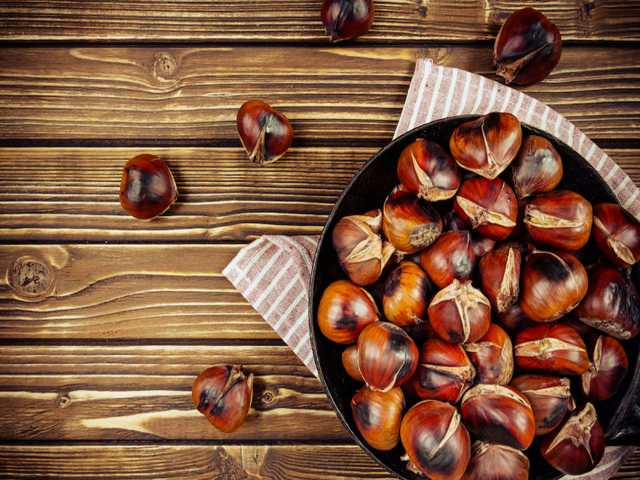Berchtold Day Celebration
Berchtold Day, a notable celebration, pays homage to Duke Berchtold V, the founder of Bern, Switzerland, in the twelfth century (1100s, to be precise, in the year 1191). The fascinating legend behind the city’s naming involves Duke Berchtold’s promise to name the newly established city after the first animal he hunted. A bear became the symbol, as it is called “bern” in German. This day marks not only the city’s founding but also commemorates Berchtold’s hunting prowess.
Going Nuts for Nuts:
Berchtold Day festivities are characterized by nut-centric activities, often referred to as “nut feasts.” Attendees indulge in nut-eating and engaging nut games, such as the challenging task of creating “hocks” – four nuts placed closely with a fifth perched on top.
What is a Nut?
A nut, biologically speaking, refers to the hard-shelled fruit of certain plants. While biologists classify only specific nuts as “true nuts” (those where the fruit and seed are inseparable), many commonly consumed nuts fall into different categories, such as tree nuts and legumes.
The Nutritional Value of Edible Nuts:
Edible nuts, both true and non-true, are not only delicious but also nutritious. Packed with protein, dietary fiber, heart-healthy oils, vitamins, and minerals, they offer a healthy addition to one’s diet. However, it’s important to note that some individuals may have nut allergies, either to peanuts, tree nuts, or both.
Who was Duke Berchtold V, and why is he celebrated on Berchtold Day?
Duke Berchtold V founded Bern, the capital city of Switzerland, in the twelfth century (1191). Berchtold Day commemorates his contributions to the city’s establishment and the interesting legend surrounding the city’s naming.
Why is the bear significant on Berchtold Day?
According to legend, Duke Berchtold promised to name the new city after the first animal he hunted, which happened to be a bear (“bern” in German). The bear symbolizes the city’s identity and is integral to the celebration.
Why is Berchtold Day associated with nuts?
While the connection between Berchtold Day and nuts remains unclear, the celebration has become synonymous with nut feasts and nut games. Nut-themed activities, including making “hocks,” add a unique touch to the festivities.
How are acorns made edible?
Acorns, despite being true nuts, require extensive treatment to become edible. The process involves specific treatments to make them suitable for consumption.
Can people with nut allergies consume edible nuts?
Individuals with nut allergies, particularly to peanuts or specific tree nuts, should exercise caution and consult with healthcare professionals. Nut allergies vary, and some people may be allergic to both peanuts and tree nuts.
What nutritional benefits do edible nuts provide?
Edible nuts, rich in protein, dietary fiber, unsaturated (heart-healthy) oils, vitamins, and minerals, contribute to a well-balanced and nutritious diet.
What defines a “true nut” in biology?
A true nut, in biology, is a composite of the seed and fruit, ensuring the fruit does not open to release the seed. Examples include hazelnuts, chestnuts, hickories, and acorns.
What are some examples of tree nuts?
Commonly eaten tree nuts, despite not being biologically true nuts, include walnuts, pecans, almonds, Brazil nuts, cashews, pistachios, macadamias, and pine nuts.
Are peanuts considered true nuts?
No, peanuts belong to the legume family, which includes peas and beans. They are not true nuts biologically.
What are nut feasts and nut games?
Nut feasts involve the consumption of various nuts, and nut games, such as creating “hocks” (arranging nuts), are popular during Berchtold Day gatherings. The significance of nuts in the celebration remains a mystery.
External Links:
- Swiss Tourism – Bern
- Nut Allergy Research & Education
- Nutrition and You – Nuts

